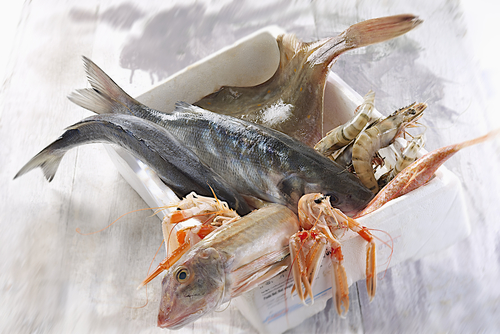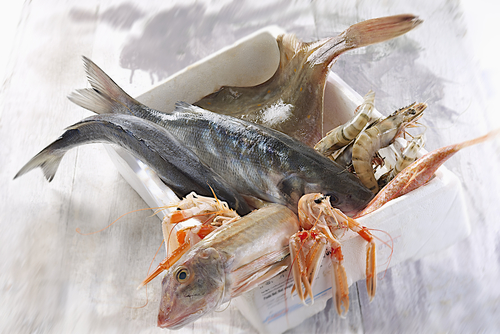Seafood Shipping: Unveiling the Global Transshipment Network

A new study identifies 324 owners of refrigerated cargo vessels, enhancing transparency and paving the way for improved sustainability in the seafood industry.


The study highlights that only 324 owners are responsible for global seafood transshipment, with significant contributions from China, Russia, and Greece. “This is a major step towards greater transparency,” said Frida Bengtsson, lead author from the Stockholm Resilience Centre at Stockholm University.
Reefers play a vital role in the seafood industry, handling nearly a third of the global tuna catch, valued at about £10.4 billion annually. Transshipment involves not just transferring fish but also personnel, spare parts, and fuel between fishing vessels and reefers. This process has often been linked to illegal activities, as it can enable the transfer of illegally caught fish and obscure the origins of seafood.
While monitoring fishing activities at sea was previously challenging, advancements in satellite data now allow researchers and the public to track vessel movements. However, the ownership of reefers has remained a crucial missing piece in the transparency puzzle. “Understanding the beneficial ownership of these vessels opens up new opportunities for improved governance and oversight,” explained Bengtsson.
The research team, which included experts from the Stockholm Resilience Centre, the Stanford Center for Ocean Solutions, and the University of British Columbia, identified 569 reefers currently in operation and their 324 beneficial owners. Notably, just ten of these owners account for nearly a quarter of all global transshipment events. “This is a surprisingly low number of actors, which could make improvements in traceability and sustainability more achievable,” Bengtsson remarked.
The study also mapped the operational areas of reefer owners, the fishing gear used by associated vessels, and the flags involved. This comprehensive data is now available through an online tool, providing unprecedented transparency. It could serve as a vital resource for NGOs, insurance companies, and financial institutions aiming to promote sustainable practices in the fishing industry.
Source: newfoodmagazine.com

